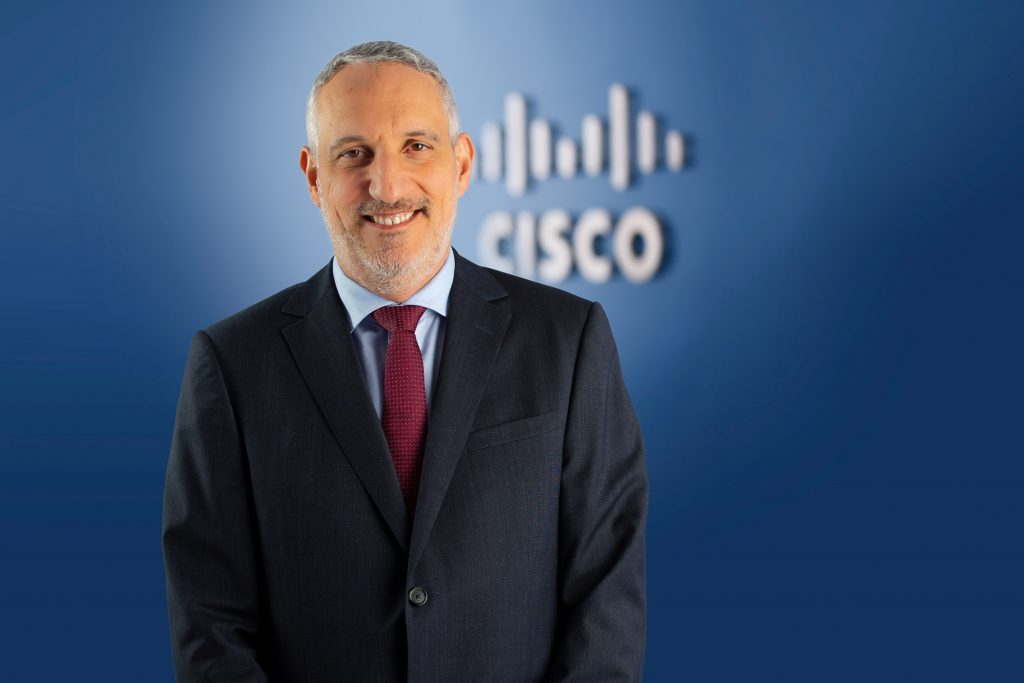
While hybrid work is becoming more popular, a recent Cisco survey of general consumers in the United Arab Emirates (UAE) found that respondents are increasingly concerned about their connected devices being hacked and attacked.
The survey of over 1,001 UAE consumers provided insights into people’s general approach to security, despite the country’s significant acceleration of digitization. While the pandemic has accelerated the hybrid work model and the remote access to business data, the survey has identified many red flags consumers should pay attention to.
Fady Younes, Cybersecurity Director, EMEA Service Providers and MEA, commented:

“Technology at our fingertips means that the future of work has arrived – and it’s borderless. Today, employees are working from anywhere: from home, the office and using public networks, such as restaurants and airports. With hybrid work becoming an integral element for businesses in the UAE and worldwide, organizations need to pay attention to the risk of cyber threats. To mitigate the arising risks, we advise businesses to allow access to data based on zero–trust principles – aligning with individual needs and contexts,” he added.
The research was conducted with the aim of understanding attitudes to cybersecurity in the home and revealed that a significant number of people in the UAE frequently use their personal devices for work. Most frequent tasks included sending emails (66%) and making business calls (57%).
Of the polled consumers in the UAE, the majority share one or more connected devices in the home. Respondents appear concerned about the threat of cyber-attack, with 73% concerned about their personal devices being hacked, despite a global surge in cyber-attack threats at all levels. With the number of connected devices in the home, 68% of people have changed their password in the last six months.
Risk is not only a factor at home; it is also becoming more prevalent in the UAE, where many people prefer to work in public spaces or check-in on work tasks while on the go. 54% of respondents in the UAE frequently use public wireless networks for basic work tasks.
Usernames and passwords have never been a particularly effective technique for keeping cyber threats away. Using Multi-Factor Authentication (MFA) is a very simple method for adding a strong extra layer of protection to system access.
However, as seen in many countries across EMEA, many people do not use or do not know what MFA is. This is true for the UAE, with 24% admitting to a lack of awareness and usage of MFA. As nearly every smartphone now has a fingerprint or facial scanner, consumers can choose to use biometrics instead of passcodes to unlock and log in to applications on their personal devices. Organizations have an opportunity to leverage this technology, which is already in employees’ pockets, to drive the adoption of strong MFA at work.
A major challenge in closing cybersecurity gaps is consistently educating millions of people. When asked where they seek advice about online and device security behavior, the answers were tending predominantly towards asking friends and family (44%) or gathering information via social media (33%).
Subjective cybersecurity advice and opinions can lead to a lack of truly robust measures. For the average person, it may appear unlikely that their home Wi-Fi will be hacked or that their data will be accessed while on a public network. However, it only takes one opportunist and a very short window of time to gain access to and harvest the necessary information.